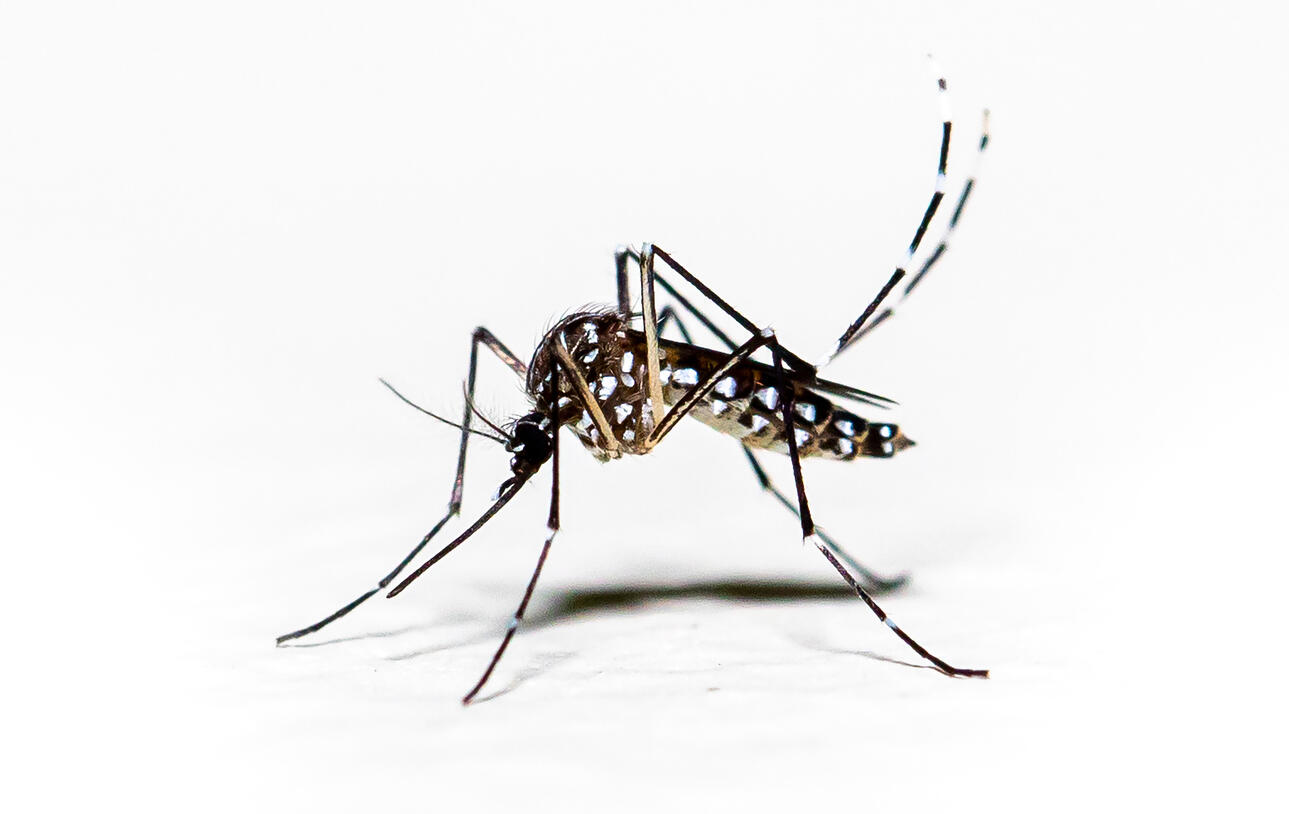
Household insecticide usage could be playing a significant role in resistance and reduced effectiveness against mosquitoes that carry disease.
An article published in The Lancet Regional Health Americas by vector biologists from Liverpool School of Tropical Medicine highlights domestic insecticide usage patterns in 19 countries where vector-borne diseases like malaria and dengue are endemic.
While considerable research has demonstrated how public health interventions and agricultural pesticide use contributes to insecticide resistance, the report authors argue that the use and impact of household products remains poorly understood. This is particularly pressing with the growing rise of resistance and threats to human health of vector-borne diseases worldwide.
Led by Dr Fabricio Martins, the paper examines the impact of household insecticides on resistance development on the Aedes aegypti mosquito via a case study in Brazil. They found that the frequency of kdr mutations, which cause resistance to pyrethroid insecticides, commonly used in both household products and for public health, almost doubled within six years following the Zika-fuelled marketing of domestic insecticides in Brazil. In laboratory tests almost 100% of the mosquitoes surviving exposure to domestic insecticides harboured multiple kdr mutations, which were lacking in those killed.
The study also highlights that household insecticide utilisation is extensive, with approximately 60% of residents in 19 endemic areas regularly employing domestic insecticidal products for personal protection.
They argue that this poorly documented, unregulated use is likely to reduced effectiveness of these products, and may also impact on key public health interventions such as insecticide-treated nets and indoor residual sprays.
Further research is now required to investigate the direct and indirect impacts of domestic insecticide use, their risks and benefits to human health and implications for vector control programmes.
The report authors argue that further guidance for household pesticide management should be developed by policymakers to embed effective and safe use of these products.
Dr Martins, Research Associate in Vector Biology, said: “This project emerged from field evidence collected while I worked closely with communities in Brazil to investigate why Aedes mosquitoes were developing resistance—even in areas where public health programmes had already discontinued pyrethroid use.
“Our team is expanding the analysis across four states in Brazil’s northwest to understand better how domestic insecticide use may be driving the selection of genetic mechanisms linked to pyrethroid resistance.
“Future studies on cross-resistance between household insecticides and public health tools will be critical to evidence-based decision-making and shaping effective guidelines for vector control programs.”
The viewpoint was co-written by Dr Lee Haines, Professor Martin Donnelly and Dr David Weetman.